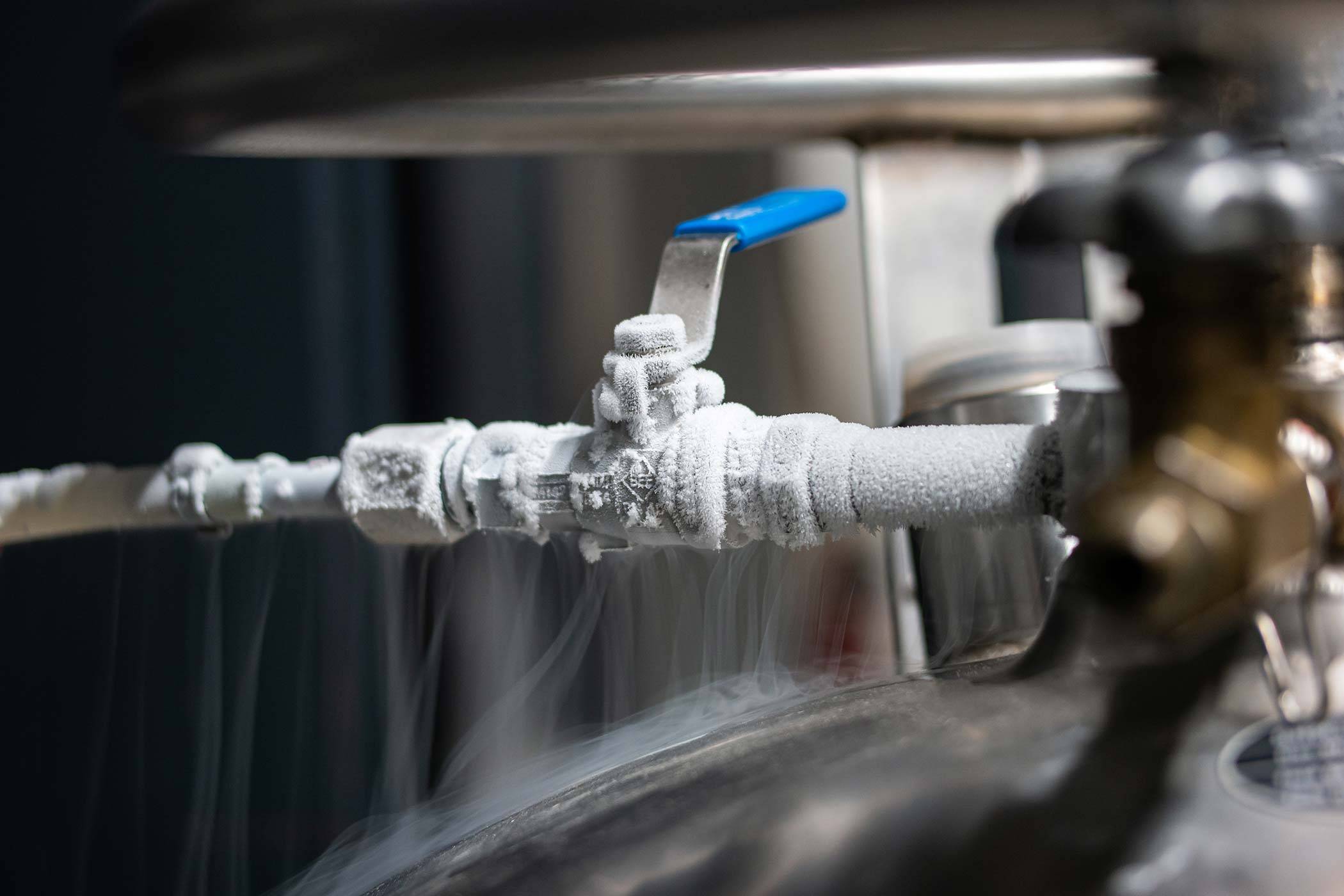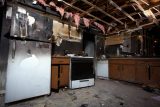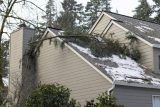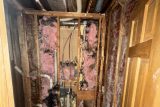What To Do If Your Pipes Freeze
Homeowners
2 years ago

It’s that time of year when we start to worry about frozen pipes. With temperatures potentially dropping down into single digits at night, knowing how to prevent frozen pipes is essential for every homeowner.
Keep Your Pipes From Freezing
In this case, the best thing to do if your pipes freeze is to keep them from freezing in the first place. If your pipes freeze and burst it can mean thousands of dollars worth of damage to your home.
The pipes that are at a higher risk of freezing are located in unheated spaces in your home. Basements, attics, and garages are the first places to check for pipes at risk.
When temperatures start hitting 20 degrees F, it’s time to prepare your pipes for the winter. Use simple pipe insulation purchased from a local hardware store to protect your home’s pipes that are in unheated areas.
With temperatures dropping the most overnight, on those cold winter nights, it’s best to:
- Keep garage doors closed as much as possible to protect uninsulated water lines
- Open cabinets under sinks in bathrooms and your kitchen to circulate warm air
- Close indoor valves that supply water to outdoor spigots
- Allow your faucets to slowly drip cold water as this makes it harder for water to freeze
- Keep your thermostat steady throughout the day and night (never lower than 55 degrees)
- Disconnect outdoor water hoses from hose bibs
A long-term solution is to make sure you add insulation to your attic, basement, and crawl spaces to help keep temperatures higher in those areas of your home.
Preventing drafts of cold air by sealing cracks and any openings around your windows and doors is another way to protect your home this winter.
How To Treat Frozen Pipes
If the unthinkable happens and your pipes freeze, the first step is not to panic! Your instinct might be to open up your faucets completely and try to force water through your pipes. That can actually cause your pipes to burst and cause damage to your home!
Shut Off Your Water
If you think your pipes have frozen, turn off the water at your home’s main shutoff. This is usually at the water meter or where your main water line enters your home.
Open Your Faucets
You don’t need to open your faucets completely, just open them to help reduce the pressure on your pipes and decrease the amount of flooding if they do burst.
Warm The Frozen Pipe
If you can see the pipe that is frozen, you can use a hair dryer to gently thaw the ice blockage. Never use an open flame or blow torch to thaw a frozen pipe! If you don’t have a hair dryer, try using an electric heating pad or towels soaked in hot water.
Consult A Professional Plumber
If warming your frozen pipe successfully thawed it and has gotten water flowing through your home again, you still should have a plumber check your home.
There could be small weaknesses in your pipes caused by them freezing that could cause leaks and lead to severe water damage inside your home. Even if no leaks are found, your pipes should be evaluated by a professional for potential risk due to the pressure of the ice.
If the frozen pipe isn’t obvious immediately, call a plumber immediately to help locate the problem.
We’re Always Here To Help
Lake City restoration provides water cleanup, damage repair, and restoration services if a frozen, burst pipe has caused flooding in your home.
We are always available 24/7, so no matter the season, our experts are here to help get your home back to where it should be!




